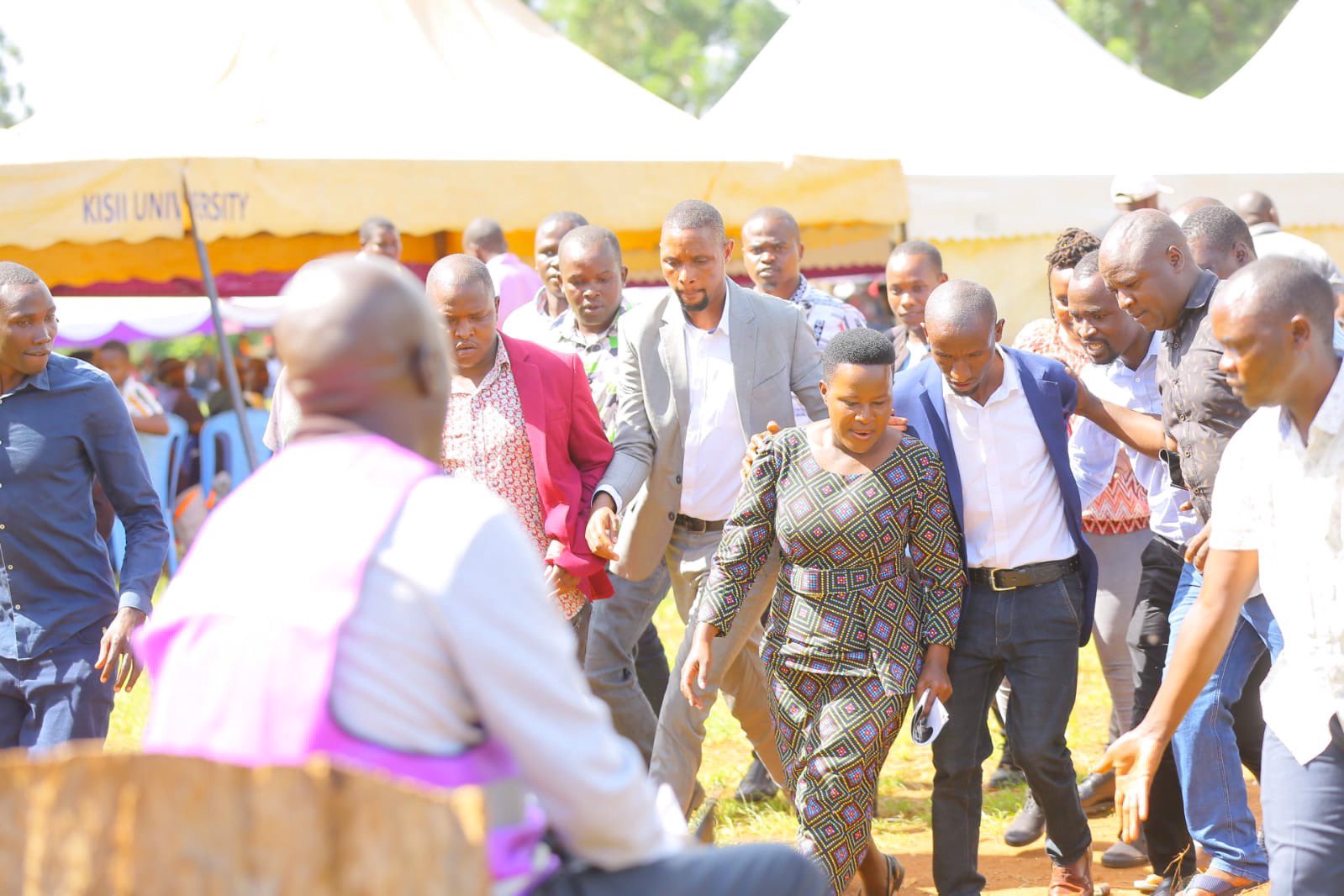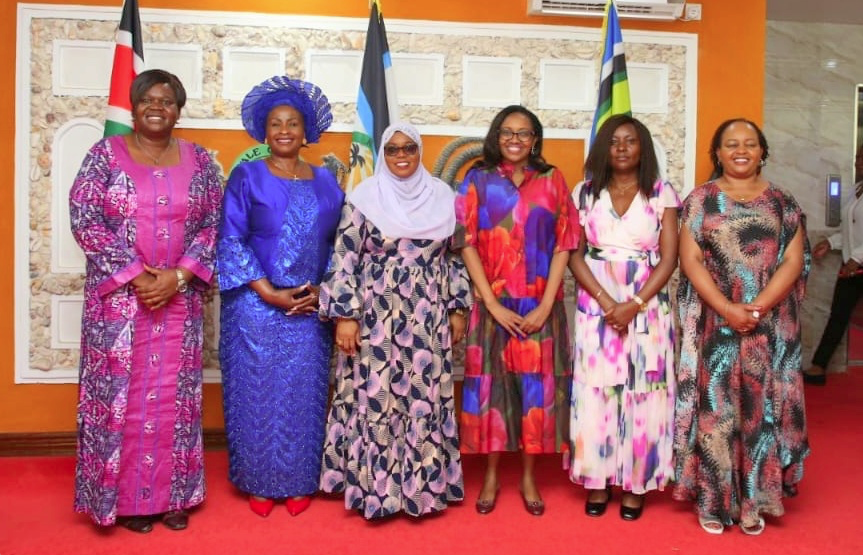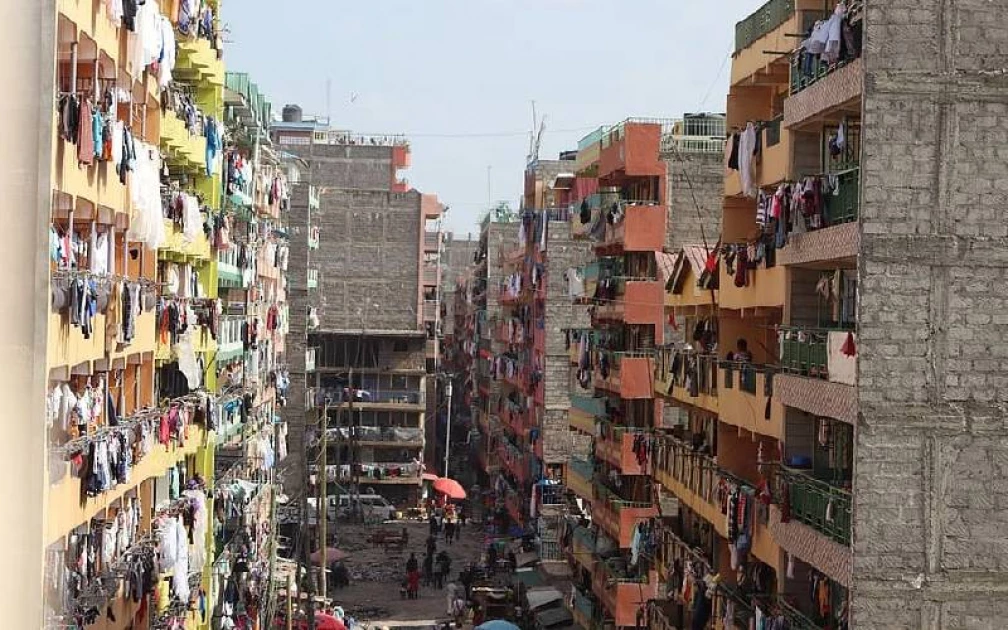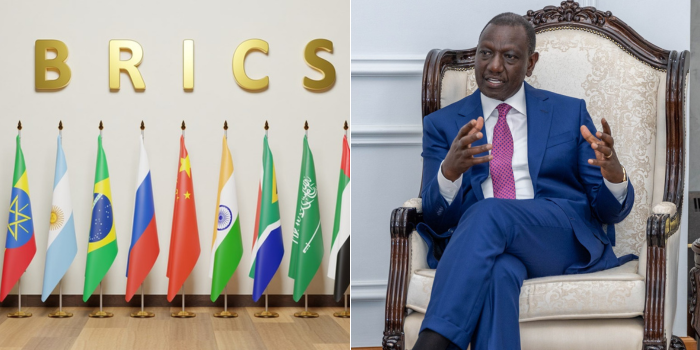Understanding the University Funding Model in Kenya
This blog explores the perspectives of youth representatives and activists on Kenya's new university funding model, highlighting concerns about inequality, poverty, and governance. It calls for comprehensive reforms to ensure equitable access to education and emphasizes the importance of youth involvement in governance.
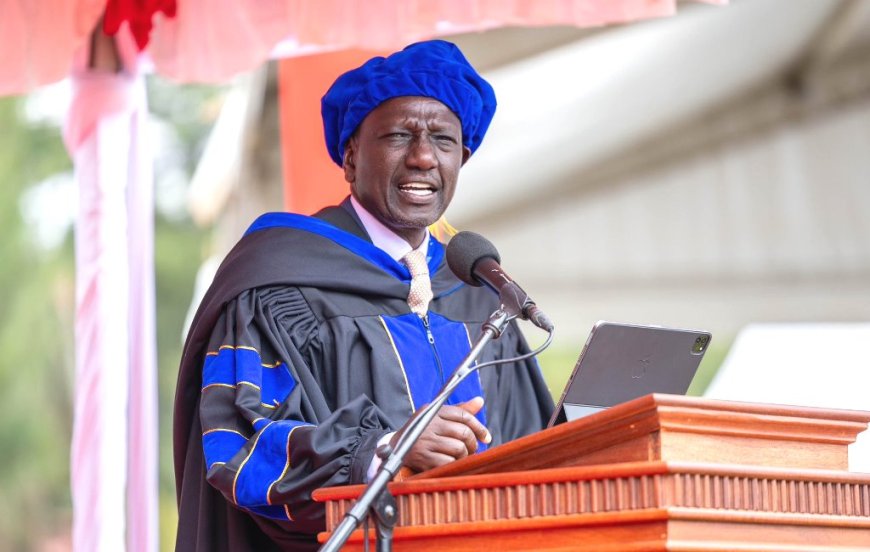
Youth and Governance: Understanding the University Funding Model in Kenya
The education sector in Kenya is undergoing significant changes, particularly with the introduction of a new university funding model. This model has stirred a great deal of debate among students, parents, and stakeholders in the education system. In this blog, we will explore the perspectives of various youth representatives and activists on the implications of this funding model, the challenges it presents, and the broader context of youth governance in Kenya.
The New Funding Model: An Overview

The new university funding model has been positioned by the government as a means to enhance equity in education. However, many young people and their advocates argue that it instead exacerbates existing inequalities. The model is designed to allocate funding based on a means-testing instrument, which aims to determine a student’s financial need based on their family’s income. This approach has raised concerns about its fairness and effectiveness.
Josephine Wanjiru, a youth and gender activist, highlighted that the model is not a new concept but rather a reiteration of systems that have been in place in various institutions. She pointed out that while the intention is to ensure equitable access to education, the reality is that many students are still left behind due to their families' financial situations. The fundamental issue lies not in the funding model itself but in the socioeconomic challenges that families face, particularly poverty.
The Impact of Poverty on Education Access
Poverty remains a significant barrier to education for many Kenyan families. The reality is that some parents struggle to provide even the most basic necessities, let alone the fees required for university education. As Shiko Kihika from Tribe less Youth noted, many families are forced to make painful decisions, like keeping one child home to allow another to complete their education. This highlights the harsh reality that the funding model may inadvertently widen the gap between the privileged and the underprivileged.
· Many families cannot afford university fees due to low incomes.
· Students from lower-income households face systemic barriers to accessing education.
· There are concerns about the model leading to increased inequality.
Discrimination and Inequality in Education
Critics of the funding model have pointed out that it may be discriminatory, locking out capable students based solely on their family's financial situation. Anthony Buluma, the CEO of the Kenya Young Parliamentarians Association, emphasized that the model fails to account for the rising cost of living in Kenya. Many families simply cannot meet the financial demands placed upon them, leading to a disconnect between government policies and the realities faced by ordinary Kenyans.
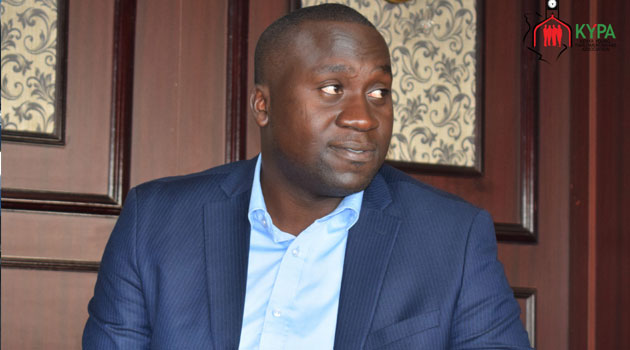
This disconnect can be particularly damaging in a country where education is seen as a vital pathway to social mobility. The funding model's reliance on income levels as a determining factor for educational access can reinforce existing social divides. As Wanjuhi Njoroge, a youth and nature consultant, noted, the current system seems to favor those who can afford to pay while neglecting those who genuinely need assistance.
Corruption and Governance Challenges
Another critical concern surrounding the new funding model is the potential for corruption. Many youth leaders believe that the funds intended for disadvantaged students may be misappropriated due to systemic corruption within the government. This raises questions about the integrity of the means-testing instrument and whether it can effectively identify and support those in genuine need.
Activists argue that the focus should not solely be on creating new funding models but rather on addressing the root causes of inequality, such as corruption and mismanagement within the education sector. The need for transparency and accountability in the allocation of educational resources is paramount to ensuring that all students have access to quality education.
A Call for Comprehensive Reforms
There is a growing consensus among youth leaders that the education funding model requires comprehensive reforms. Instead of merely tweaking existing systems, there is a need for a holistic approach that addresses the underlying social and economic challenges facing students. This includes enhancing the quality of education in public universities, ensuring that institutions are adequately funded, and creating opportunities for innovation and research.
· Reform the funding model to prioritize equitable access to education.
· Enhance the quality of education in public universities.
· Encourage innovation and research to meet market demands.
The Role of Youth in Governance
The youth's voice in governance is critical, especially in matters concerning education. Many young people feel disillusioned with the current administration's policies, believing that they do not adequately represent their interests. The recent protests and calls for accountability reflect a broader desire for meaningful engagement in governance processes.
As the discussions around the university funding model continue, it is essential for the government to listen to the concerns of young people and actively involve them in decision-making processes. This engagement can lead to policies that are more reflective of the realities faced by students and their families.
Conclusion: A Path Forward
The university funding model in Kenya represents a significant shift in how education is financed, but it also highlights the ongoing challenges of inequality and access. As various stakeholders continue to voice their concerns, it is crucial for the government to reassess its approach to education funding. Only by addressing the root causes of inequality, promoting transparency, and involving youth in governance can Kenya hope to create an educational system that is equitable and accessible for all.
In the words of the youth leaders, education should not be a privilege for the few but a right for all. It is time for a concerted effort to ensure that every Kenyan child has the opportunity to pursue their educational dreams, regardless of their socioeconomic background.
What's Your Reaction?








